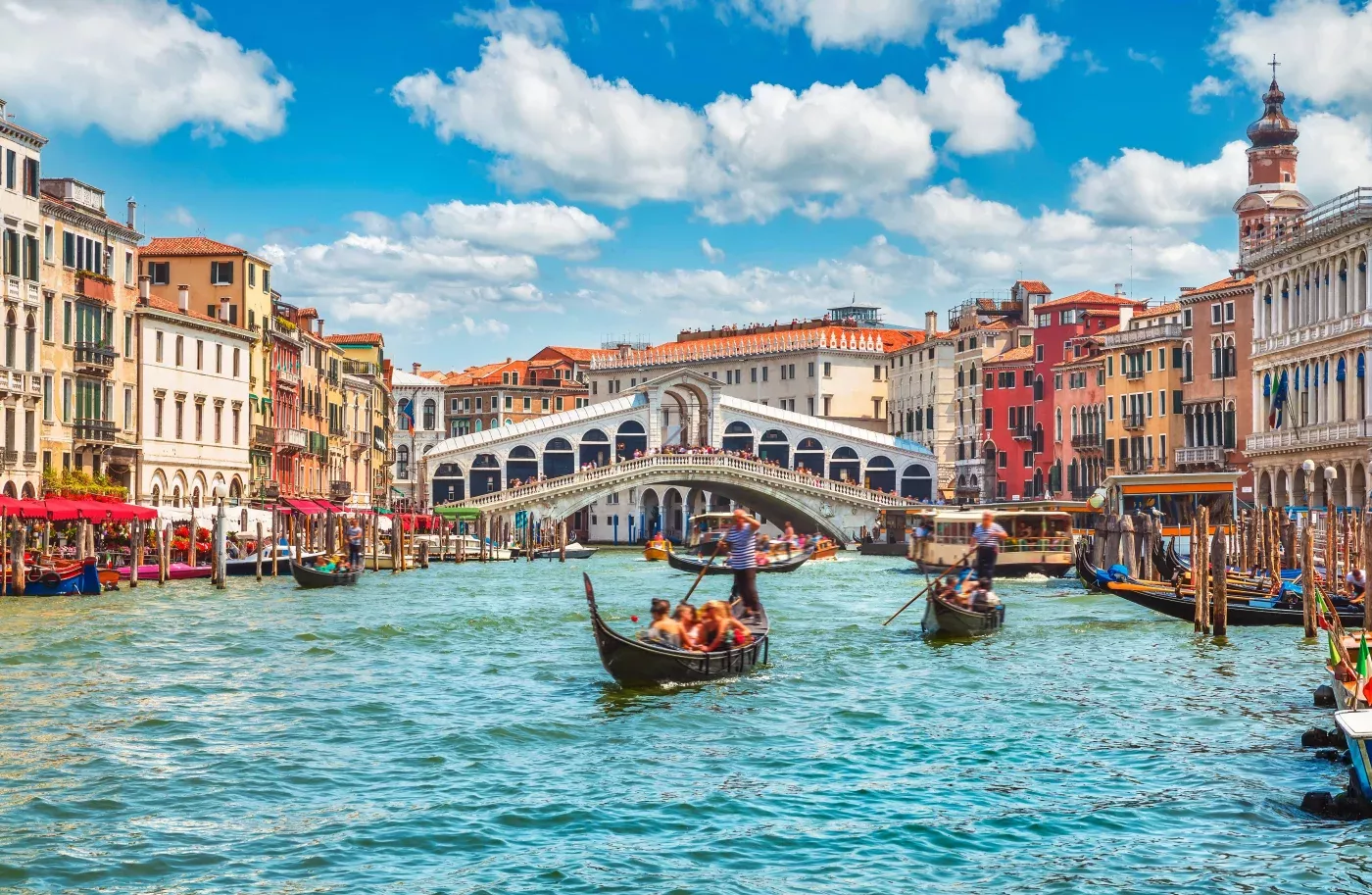
The future of Venice remains increasingly at risk. According to an international study conducted by the National Institute of Geophysics and Volcanology, by 2150 the city could be completely underwater. Scientists emphasize that the "Moses" barrier system is not sufficient to prevent this situation.
What is the likelihood of Venice's disappearance?
According to RAI News 24, researchers have conducted simulations based on various scenarios for the years 2050, 2100, and 2150. Their worst-case estimate corresponds to the mid-22nd century. It suggests that due to a sharp increase in flooding, the area of Venice and its surroundings could expand from 139 sq.km to 226 sq.km.
"Without additional protective measures, this will lead to flooding and cause significant damage to the local population and Venice's cultural heritage," say the scientists.
Climate change and rising sea levels
According to researchers, global climate change is accelerating the rise of water levels in Venice. This process is related to the rising sea levels and the sinking of the land, which is currently determined to be up to 7 mm per year. If this continues, by the end of the century, much of the city could be underwater.
Venice is built on more than 150 islands, and it requires special protective measures as it is affected by floods and waves.
Is the "Moses" barrier system sufficient?
To protect the city from flooding, the Venice government has developed a special mobile barrier system called "Moses." This project has sparked numerous debates due to the high construction costs. Ultimately, this dam was activated in recent years to protect the city from the "high water level" phenomenon.
However, according to scientists, the "Moses" barrier system may not be sufficient to fully preserve Venice. The city is at high risk of remaining unprotected in the long term due to the natural rise in water levels and land subsidence.
Historical forecasts and real threats
There have been many predictions about the likelihood of Venice being underwater in the past. The German poet Johann Wolfgang Goethe wrote to his brother 200 years ago: "You must come to Venice quickly; it will be gone in 50 years."
Although Venice still retains its charm, the disappearance of the city is becoming a real threat in the 21st and 22nd centuries. Scientists emphasize the need to create additional protective mechanisms to preserve the city.
Factors such as climate change, rising sea levels, and land subsidence are contributing to the risk of Venice being underwater. While the current mobile barrier system helps mitigate this risk, there is a need to develop new protective measures as a long-term solution. If this issue is not taken seriously, by 2150 one of the world's most important cultural heritage cities could disappear.